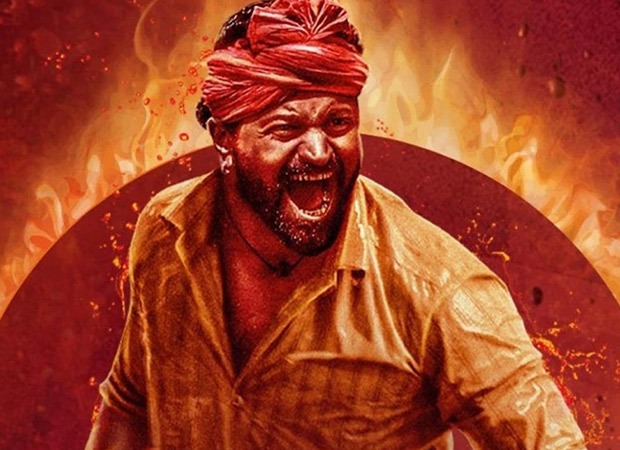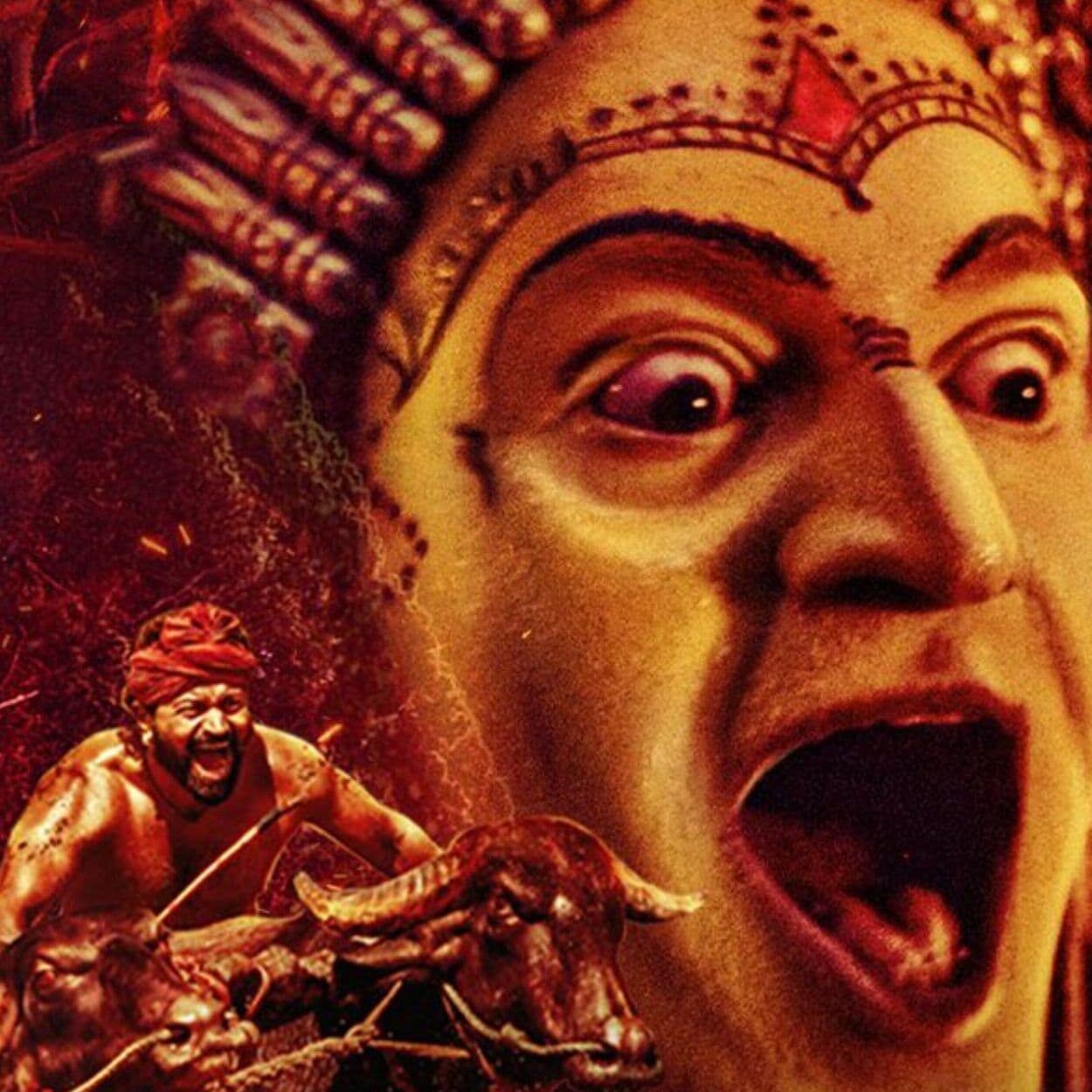Apotheosis is the word rattling around in my brain as I walked out of the theatre after witnessing the last seven minutes of Kantara.
The film written and directed by Rishab Shetty also solely rests on the man’s electrifying performance. And those last seven minutes in an already blistering third act is an example of a hypnotic culmination of the whole 150 mins of what could only be called a canvas, painted by a man in complete control of his craft and unabashedly in his milieu.
The cultural context and rootedness are so ingrained in the DNA of the film that the first 15 minutes almost feel like a visual and aural overdose. It is as an exposition-heavy prologue that leads into the main character’s introduction – Shiva, the quintessential rebel with a cause.
Shetty isn’t interested in rushing through the plot, devoting his sweet time to set up the context, the environment, and the servility shown by the villagers towards a feudal landlord which is unquestioning, but again inculcated via decades of loyalty.

Image from KantaraActor-Director Shetty is clever enough to trust his audience to know that the other shoe will drop, but he stretches it out, adding to conflicts between Shiva and new Forest officer Murali (Kishore). A clash of egos would bring to mind the fiery anger showcased by the protagonists in Ayappannum Koshiyum, underscored by the reasoning of those leads which both lie in shades of grey.
This is also sprinkled in with dreams and nightmares Shiva suffers through, which only serve to unsettle him and increase the volatility of the character.
However, unlike the Kannada film industry’s most famous antiheroic output (KGF 1 & 2), Kantara‘s protagonist is a far-controlled man, prone to seeing reason. But all of these plots are explored by being in a serial progression, instead of intertwining them and making them convoluted. As a result, while the movie is long, it doesn’t deter your enjoyment or lose your attention.
The comedy is just enough to make you laugh while simultaneously looking at it with raised eyebrows, while the love track feels a tad bit underdeveloped. However, the character of Leela (Sapthami Gowda) has far more agency than you would expect from a film so focused on its alpha protagonist.
However, Shetty’s performance sometimes borders on incandescent. His commitment to the role almost threatens to overshadow his co-stars and the ensemble, who are all universally solid.
Veteran actors like Achyuth Kumar (as landlord Devendra Suttooru) and Kishore manage to be impactful regardless.
The true nature of Kantara‘s success lies in its brazen confidence in the story and its determination to tell its truth; To give voice to the voiceless and provide agency while simultaneously wrapping it up in the testosterone-fuelled action extravaganza sheen.
And of course its thesis on the real cornerstone of myths, the rise of legends and the eventual apotheosis borne out of anger and rage of finally standing up, removing the blindfold and dictating “enough”. All of which catapults Kantara to a movie that has far bigger reach on a sociological and even anthropological context.
Could it have been shorter? Yes.
Did it truly need to be? Not really.

Image from KantaraPopcorn Rating – 


 [4/5]
[4/5]
With cinematography by Aravind S. Kashyap and the potent musical score by B. Ajneesh Lokanth, a complete balletic tandem of technical prowess contributes to a brilliant form of storytelling about myths. Kantara presents the collective memories of realistic stories mutating into myths and the ambiguous intermixing of the supernatural and the real, and the narrative confidence to not provide an answer.
Comment (1)